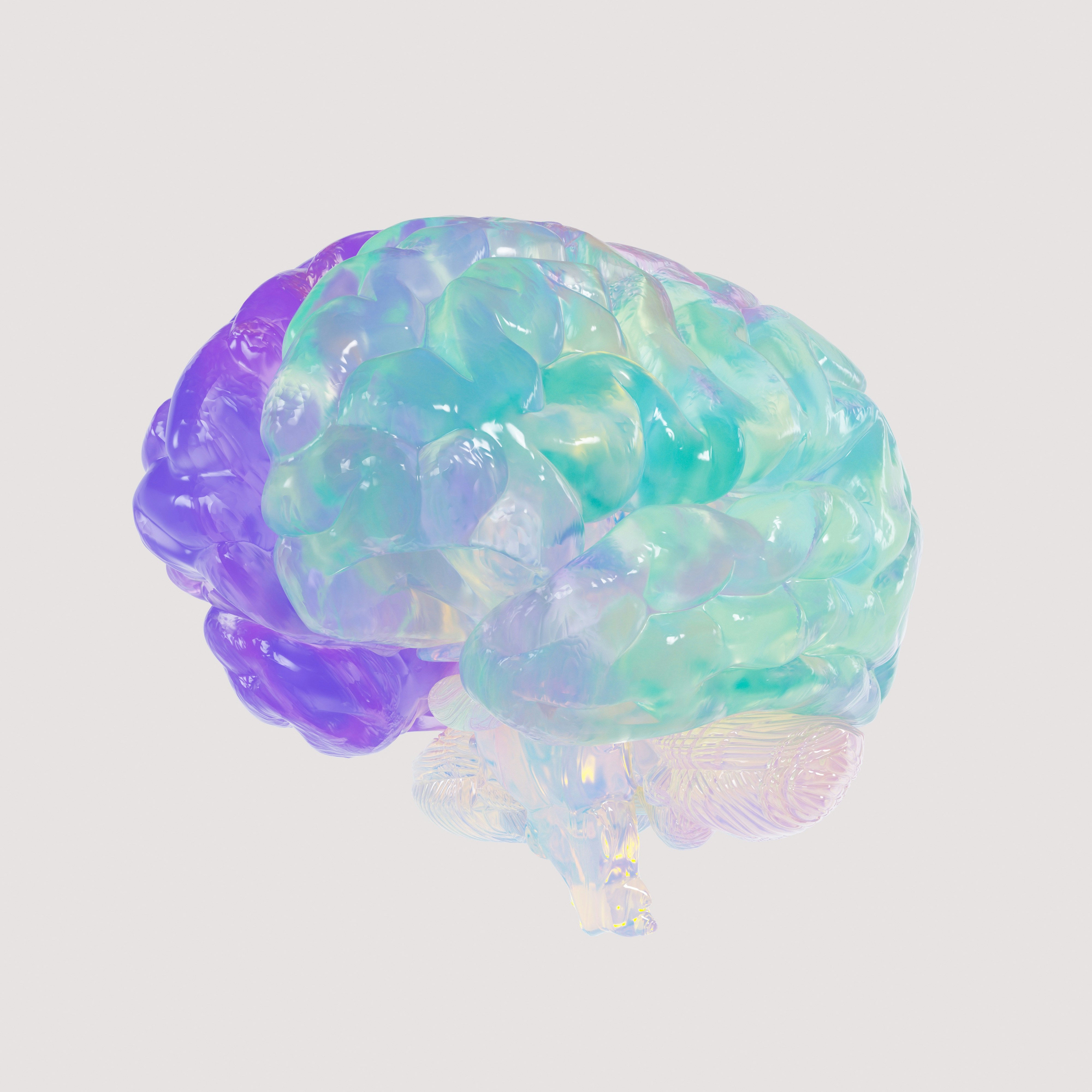Hormones are the unsung heroes of the human body, orchestrating a delicate symphony that regulates everything from metabolism and growth to mood and reproductive health. Despite their vital role, most people only have a vague understanding of what hormones actually do and how they impact our daily lives. This lack of awareness can lead to confusion and misinterpretation of symptoms when things go awry. In this post, we’ll explore the essential functions and hidden power of hormones, demystify their influence on your body, and highlight why it’s crucial to understand these powerful chemical messengers to better manage your health.
Hormones are chemical messengers produced by glands in the endocrine system and play a crucial role in regulating various physiological processes throughout the body. They influence everything from growth and metabolism to mood and reproductive health. Here’s how different hormones affect the body:
1. General Role of Hormones
- Communication: Hormones travel through the bloodstream to tissues and organs, sending signals that tell these structures how to function and respond.
- Regulation: They regulate processes like metabolism, sleep cycles, mood, growth, development, and reproductive functions.
- Homeostasis: Hormones help maintain balance in the body, ensuring that vital processes operate within optimal ranges.
2. Key Hormones and Their Functions
- Estrogen: Primarily produced in the ovaries, estrogen is essential for the development and regulation of the female reproductive system and secondary sexual characteristics. It affects the menstrual cycle, bone density, cholesterol levels, and even cognitive function. Fluctuations in estrogen levels can impact mood, skin health, and weight distribution.
- Progesterone: Also produced in the ovaries, it prepares the uterus for pregnancy after ovulation, regulates the menstrual cycle, and supports early stages of pregnancy. It has a calming effect on the brain and can influence mood stability.
- Testosterone: Although known as a male hormone, it’s also present in women and plays a role in muscle mass, bone density, libido, and overall energy levels.
- Thyroid Hormones (T3 and T4): Produced by the thyroid gland, these hormones regulate metabolism, body temperature, and energy levels. Imbalances can lead to conditions like hypothyroidism (sluggish metabolism and weight gain) or hyperthyroidism (overactive metabolism and weight loss).
- Cortisol: Known as the “stress hormone,” cortisol is produced by the adrenal glands. It helps the body respond to stress, regulate metabolism, reduce inflammation, and control blood sugar levels. Chronic high levels can lead to health problems like anxiety, weight gain, and weakened immune function.
- Insulin: Produced by the pancreas, insulin helps regulate blood sugar levels by allowing cells to absorb glucose from the bloodstream. Insulin imbalances can lead to diabetes.
- Growth Hormone (GH): Produced by the pituitary gland, this hormone stimulates growth, cell reproduction, and regeneration. It’s vital for development during childhood and helps maintain muscle mass and bone density in adults.
- Melatonin: Secreted by the pineal gland, melatonin regulates sleep-wake cycles. It helps the body know when it’s time to sleep and wake up.
- Oxytocin: Often called the “love hormone,” oxytocin is produced by the hypothalamus and released by the pituitary gland. It plays a role in childbirth, breastfeeding, and social bonding.
- Adrenaline (Epinephrine): Released by the adrenal glands during stress or excitement, adrenaline increases heart rate, blood pressure, and energy supply in preparation for the “fight or flight” response.
3. How Hormones Work
- Receptors: Hormones interact with specific receptors on the surface of cells or inside cells. The binding of a hormone to its receptor triggers a response in the cell, leading to a change in function or activity.
- Feedback Mechanisms: The body maintains hormonal balance through feedback loops. For instance, the hypothalamus and pituitary gland regulate hormone production by sensing the levels in the blood and signaling glands to adjust output accordingly.
4. Effects on Different Systems
- Reproductive System: Hormones like estrogen, progesterone, and testosterone are key in regulating menstrual cycles, pregnancy, libido, and overall reproductive health.
- Skeletal System: Estrogen and testosterone play roles in maintaining bone density. Low levels can lead to bone loss and conditions like osteoporosis.
- Metabolism: Thyroid hormones and insulin are primary regulators of metabolism. They determine how the body converts food into energy and how it stores and uses that energy.
- Nervous System: Hormones like cortisol, serotonin, and dopamine influence mood, stress responses, and overall mental health.
- Immune System: Hormones can either boost or suppress immune function. For example, chronic high levels of cortisol can weaken the immune response.
- Cardiovascular System: Hormones regulate heart rate and blood pressure. For instance, adrenaline increases heart rate, while other hormones like estrogen can have protective effects on heart health.
5. Impact of Hormonal Imbalances
- Physical Health: Hormonal imbalances can lead to various health issues, including thyroid disorders, diabetes, reproductive issues, and bone density loss.
- Mental Health: Hormones significantly affect mood and mental states. Imbalances can contribute to depression, anxiety, irritability, or cognitive issues.
- Weight Management: Hormones like insulin, cortisol, thyroid hormones, and sex hormones play crucial roles in how the body stores and metabolizes fat.
Hormones are essential for proper bodily function, coordinating complex processes such as growth, metabolism, reproduction, and emotional well-being. They work through precise interactions with receptors and are regulated by feedback mechanisms to maintain balance. Understanding how hormones affect the body can provide insight into why disruptions or imbalances can have widespread effects on physical and mental health. Read on to learn where hormones are produced in your body.
